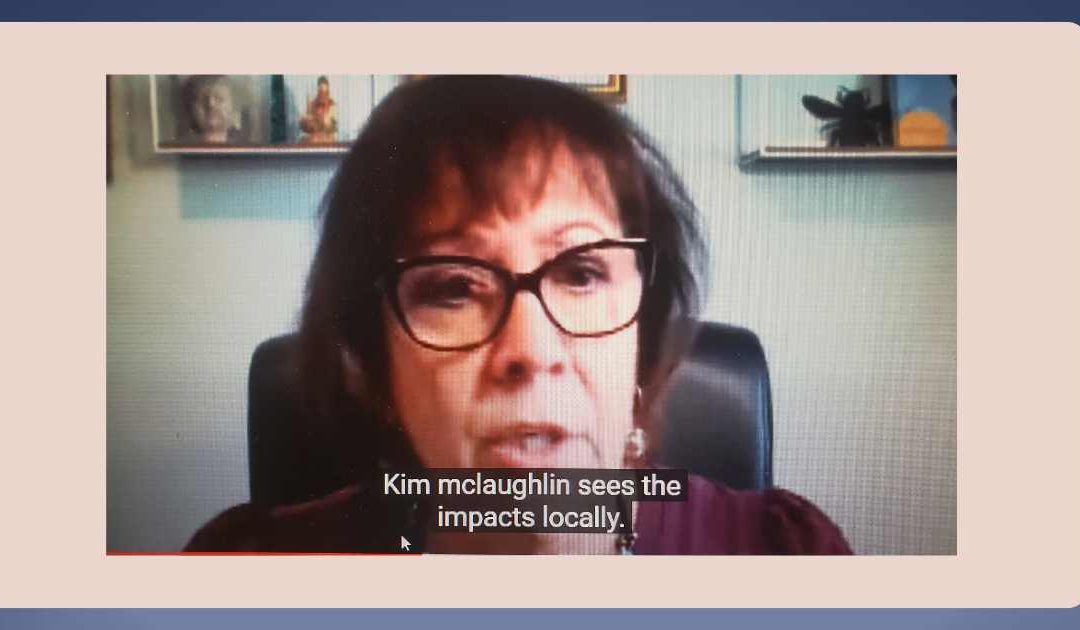I answered the phone, and the woman (Elisha Machado) told me she was from ABC News 10 and that she is looking to interview a therapist social media, kids and mental health for a broadcast that night.
My head was spinning. I have gotten many calls with somewhat similar statements, but never from a legitimate source. My business coaches were in my head saying, “Say YES.” My fear said, I do not know anything about this topic.
As I talked with Elisha further, it became clear that I had plenty of experience and knowledge to be of assistance to her and her viewers.
I said yes and as I prepared for the interview, I recalled all of the kids and teens I have counseled over the years. I actually had a lot to share with her.
We met for 15 minutes, and I shared as much as I could in that short period of time.
Elisha wanted to know how social media affects kids and their mental health.
Some ways social media affects kids and their mental health:
- Low self-esteem
- Decreased sleep
- Cyberbullying
- Poor body image (body comparison and body shaming)
- Social isolation
- Fear of missing out
- Risky behaviors (often of the sexualized nature)
- Misinformation
- Comparison/envy
I really could have gone on and on about the effects of social media on teens and kids.
Truthfully there are areas where social media assists kids and there are areas of concern.
Mental health symptoms can be triggered by social media use in kids and teens:
- Anxiety
- Depression
- Eating Issues
Mental health symptoms can be exacerbated by social media. There is a lot of comparison, feeling left out and cyberbullying among kids on social media. Really the same effects can happen to adults too.
Parents need to be aware of the problematic areas in social media and pay attention to what their kids are doing.
How can you manage social media, kids, and mental health?
1) Set up expectation for social media use.
Parents need to set boundaries with kids and teens. Setting limits means parents make decisions when kids need to be off social media:
- When we have family time.
- At bedtime.
- In the middle of the night.
- During homework.
2) Parents are role models for kids and teens social media usage.
I think it is important to take time off social media- as a family. Kids and teens can be on social media just like their parents. I think we, as parents, need to check ourselves with the amount of time we are on social media. We can be the role model for good social media usage.
3) Have conversations with your kids about their social media usage.
Talk to them when you see them on social media. Ask them in a friendly way to look at their social media with them. Don’t be confrontative. Ask them questions about what they are watching and what it means to them. Get involved. Show them you want to get to know them more and are curious about what they are doing.
On the interview, I talked about the fact is social media is here, whether it is restricted through legislation or not. I think it is helpful to have conversations with kids and teens about what they are doing, why they are doing it and what the ramifications might be.
4) Lastly, if your kid or teen is exhibiting concerning mental health symptoms contact a qualified mental health professional to help them.
If you see your kid or teen experiencing depression, anxiety, disordered eating or acting in a way that concerns you, seek out help. The landscape of social media is still new to all of us, and the things kids see or what is said to them on social media can be troubling. Contact a provider in your area.
**Read more about my interview with Elisha Machado on ABC News10 on Does Social Media Harm Children’s Mental Health here.
**Watch my interview with Elisha Machado on ABC News10 on Does Social Media Harm Children’s Mental Health. Here.
Kim McLaughlin, MA is a Psychotherapist, Speaker, Author, and Coach who specializes in working with people who suffer from binge eating and emotional eating. She is a Certified Intuitive Eating Counselor. She is the author of the best-selling book Feed Your Soul Nourish Your Life! A Six Step System to Peace with Food and the Amazon #1 Best Selling book Discovery Your Inspiration.
You can find Kim on her podcast Feed Your Soul with Kim and you can find it on all podcast platforms.
Wondering if you are an emotional eater? Sign up for the free Am I an Emotional Eater Quiz.



